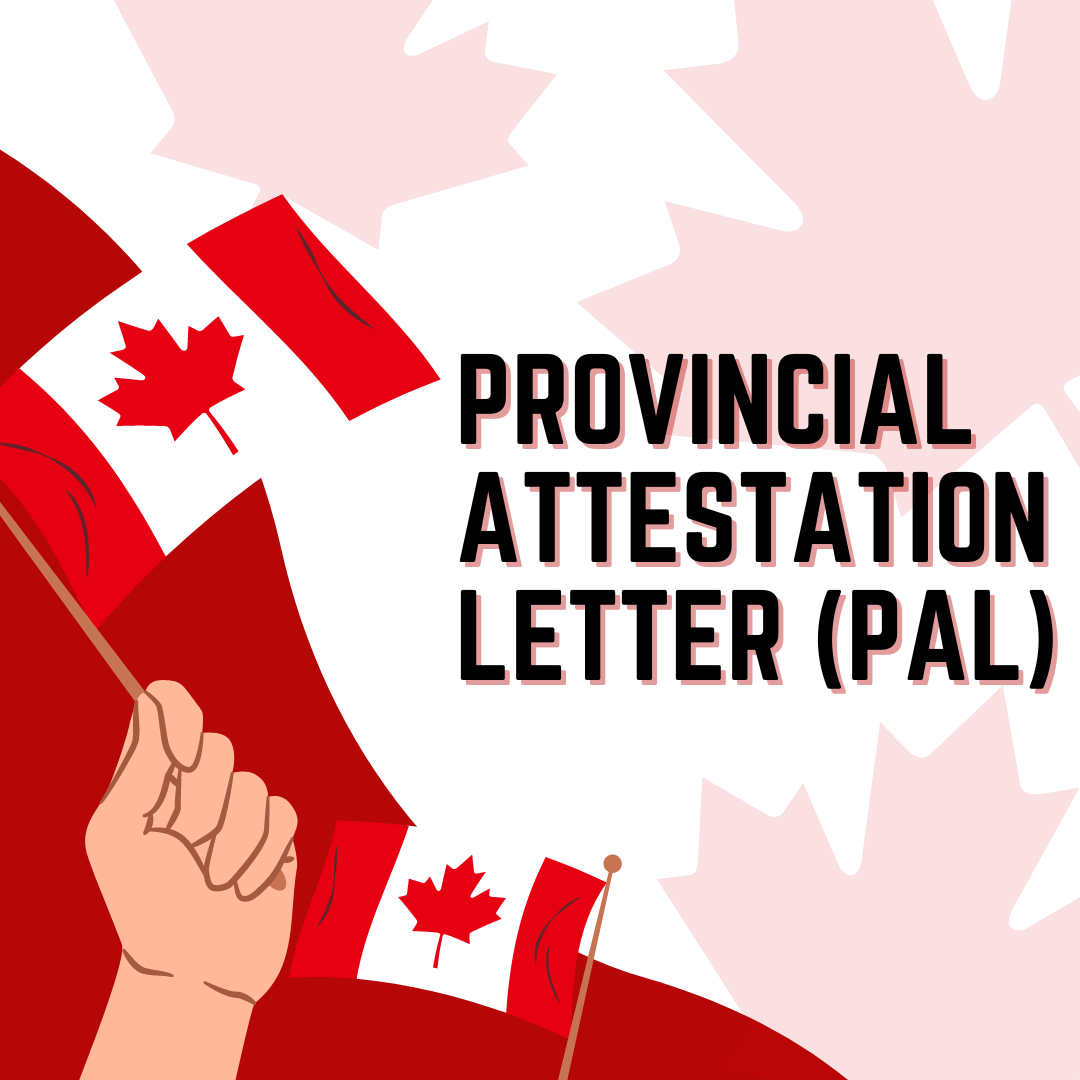Provincial Attestation Letter (PAL) | What You Need to Know
published On - 15 May 2024
published By - R&R Law LLP
What is a Provincial Attestation Letter (PAL)?
In response to the evolving dynamics of international student admissions, Immigration Refugees and Citizenship Canada (IRCC) unveiled the PAL alongside a cap on international student admissions in January 2024. The PAL serves as a crucial piece of documentation, attesting that a specific international student's acceptance aligns with the provincial or territorial allocation within the national cap.
Who Requires a PAL?
While the PAL is a requisite for most post-secondary study permit applicants, including undergraduate university and college students, as well as participants in non-degree-granting graduate programs, certain exceptions apply. Primary and secondary school students, as well as Master’s or doctoral degree students, are exempt from the PAL requirement. Additionally, in-Canada visiting or exchange students, along with existing study permit holders applying for an extension, fall outside the PAL mandate.
Basic Steps Towards Obtaining a PAL
Under the revamped issuance systems, acquiring a PAL entails several fundamental steps. Prospective international students must first secure a Letter of Acceptance (LOA) from their Designated Learning Institution (DLI), followed by confirmation of acceptance, usually accompanied by a deposit. Subsequently, DLIs apply to the respective provincial government on behalf of the student to obtain the PAL. Once in possession of the PAL, students can proceed with their study permit application alongside other requisite documents.
PAL Issuance Across Canadian Provinces
PAL issuance varies across Canadian provinces, each adapting to the new regulatory landscape in its unique manner.
- Ontario: With an allocation of 235,000 study permits in 2024, Ontario emphasizes public post-secondary institutions, receiving 96% of allocations.
- Quebec: Quebec issues PALs through the Certificat d'Acceptation du Quebec (CAQ), ensuring alignment with its share of study permit applications.
- British Columbia: Allocating 83,000 study permits, British Columbia allocates 53% to public institutions and 47% to private institutions.
- Alberta: With 40,894 study permits allocated, Alberta accommodates international students with a slight increase from the previous year.
- Manitoba: Offering 18,652 potential study permits, Manitoba initiates PAL issuance for aspiring international students.
- Nova Scotia: Nova Scotia's allocation of 20,378 study permits prioritizes universities and community colleges.
- Saskatchewan: With 15,054 potential study permits, Saskatchewan facilitates PAL issuance to eligible international students.
- New Brunswick: New Brunswick, with 14,651 potential study permits, extends PAL issuance to facilitate international student admissions.
- Newfoundland and Labrador: Allocating 3,153 study permits, Newfoundland and Labrador initiates PAL issuance for incoming international students.
- Prince Edward Island: With an allocation of 2,312 study permits, Prince Edward Island extends PAL issuance, predominantly to its educational institutions.
